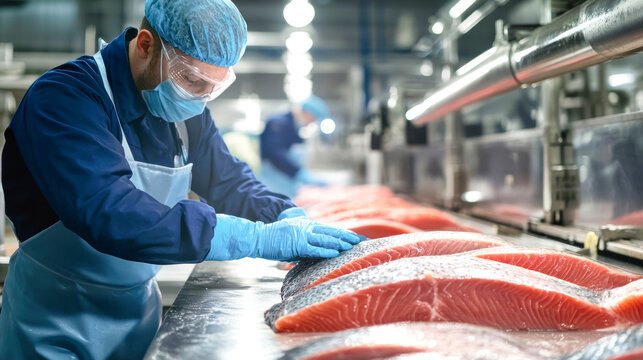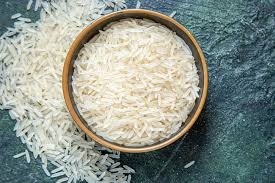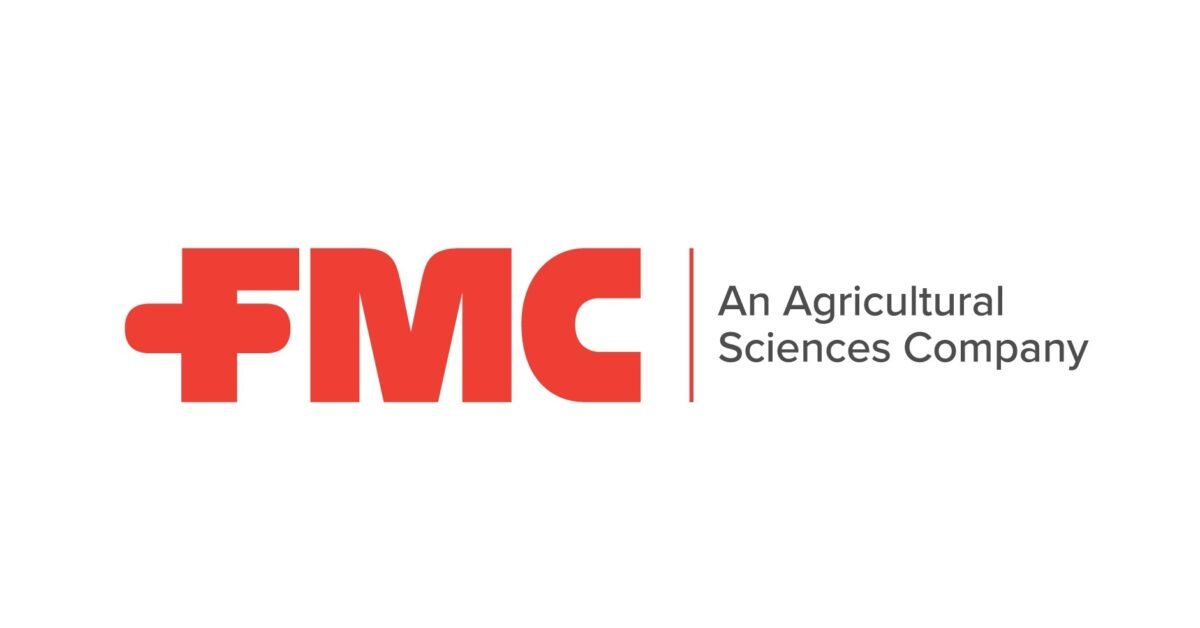This initiative aims to improve resilience against climate change by providing facilities like fish drying yards, processing centers, and emergency rescue facilities, while also supporting climate-resilient practices such as seaweed cultivation and green fuel initiatives.
Union Minister of State George Kurian inaugurates workshop on Application and Demonstration of Drone Technology in Fisheries and Aquaculture emphasising upon drone technology being the game changer in fisheries sector. As way forward towards transforming the fisheries sector in a holistic way and bringing about an economic upturn and prosperity through the Blue Revolution in the country the Department of Fisheries, MoFAH&D, Government of India, has announced cumulative investments to the tune of Rs 38,572 crore through various schemes.
During the Inaugural address George Kurian, Minister of State, Department of Fisheries and Ministry of Minority Affairs highlighted the initiatives taken by the department of Fisheries and the remarkable growth of India’s fisheries sector, propelled by strategic investments and progressive policies over the past decade. Union Minister of State announced the development of 100 climate-resilient coastal fishermen villages under the Pradhan Mantri Matsya Sampada Yojana (PMMSY), with Rs 2 crore allocated per village to enhance infrastructure and promote sustainable livelihoods. This initiative aims to improve resilience against climate change by providing facilities like fish drying yards, processing centers, and emergency rescue facilities, while also supporting climate-resilient practices such as seaweed cultivation and green fuel initiatives. The Minister highlighted the role of drone technology in monitoring aquaculture farms and fisheries infrastructure, especially during disasters, and revealed plans to equip one lakh fishing vessels with transponders for real-time tracking, weather alerts, and communication, with an investment of Rs 364 crores.
Since its inception, the Pradhan Mantri Matsya Sampada Yojana (PMMSY) has focused on promoting sustainable, economically viable, and inclusive growth in the fisheries and aquaculture sector. Key initiatives include modern aquaculture practices, satellite-based monitoring, and recent exploration of drone technology for fish transport, surveillance, and environmental monitoring.
Drones offer a range of applications to numerous challenges in aquaculture, with key critical areas of intervention including water sampling and identification of diseases and fish feed management. The scope also extends to managing aquaculture farms, monitoring fish marketing, assessing damage to fisheries infrastructure and rescue operations during natural disasters. For instance, underwater drones, can monitor fish behaviour in their natural habitats as well as signs of distress such as erratic swimming patterns.
The Department of Fisheries, MoFAH&D, organized a Workshop on Application and Demonstration of Drone Technology in Fisheries and Aquaculture on 8th November 2024 at ICAR- Central Marine Fisheries Research Institute (CMFRI), Kochi, Kerala. The event took place in the gracious presence of Shri George Kurian, Hon’ble Minister of State, Department of Fisheries and Ministry of Minority Affairs along with Dignitaries, Scientists, State fisheries officials, Fishermen and fisherwomen. The Workshop on Application and Demonstration of Drone Technology provided a unique platform to showcase innovative technological advancements, emphasizing the transformative role of drone technology in the fisheries sector to maximize its potential. Many fishermen, fisherwomen, scientists, entrepreneurs, students, and other delegates participated in the event.
Dr Grinson George, Director of CMFRI, set the welcome note to the gathering and set the context for the one-day workshop. This was followed by opening remarks from Dr B K Behera, Chief Executive, NFDB, who highlighted various schemes and initiatives, encouraging stakeholders in the fisheries sector to take advantage of these benefits.
Neetu Kumari Prasad, Joint Secretary (Marine), addressed the gathering, highlighting the benefits of the flagship scheme Pradhan Mantri Matsya Sampada Yojna and reaffirming the Department of Fisheries’ commitment to scaling up the fisheries sector. It was emphasized that the Department of Fisheries has consistently championed the infusion of technology to drive sustainable development in the fisheries and aquaculture sectors. Through various schemes, it has introduced advancements to boost fish production, improve resource management, and increase operational efficiency. In line with these initiatives the department in collaboration with NFDB, has organized drone demonstrations at key locations, including the Central Inland Fisheries Research Institute (CIFRI) in Barrackpore, Kolkata, and Gyan Bhawan in Patna, Bihar.
Dr. V V Suresh, Head Mariculture division and startup EyeROV Technologies pvt. Ltd. presented on the application of drone technology and its challenges in the fisheries sector. Following this the distribution of “Cadalmin BSF PRO” a specially formulated fish feed designed to support sustainable aquaculture practices to farmers was also held. In addition, a brochure, titled “EG Sailas Centre of Excellence and Innovation,” was launched, highlighting key advancements and contributions to the field of marine fish microbiome and nutrigenomics. Furthermore, the session also marked the official launch of the Marine Biological Association of India (MBAI) National Symposium, an event aimed at fostering collaboration and knowledge-sharing among marine science professionals across the nation.
This initiative aims to improve resilience














